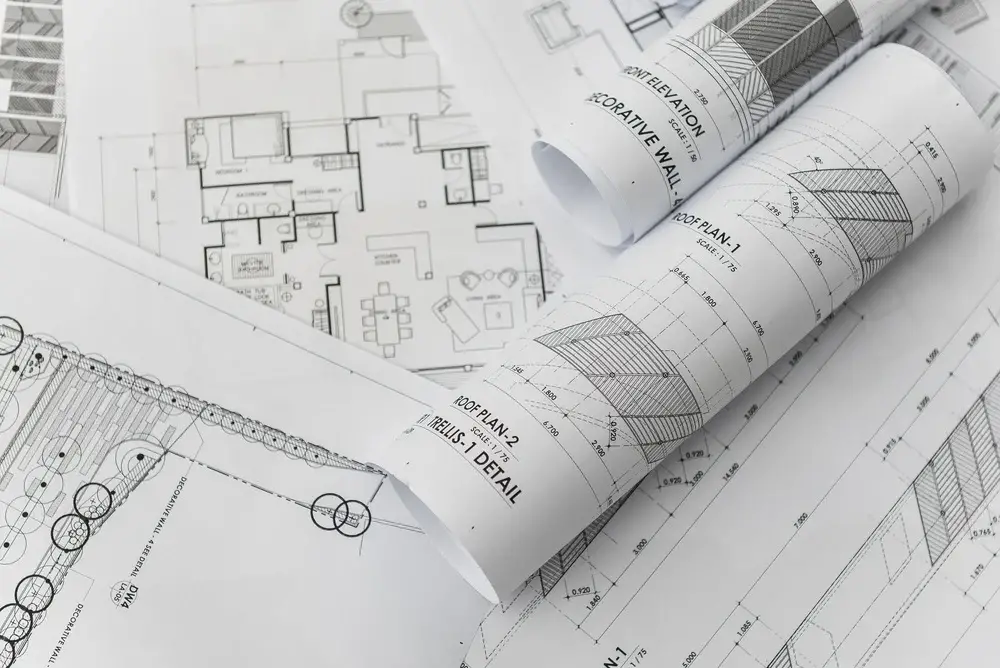When most people think of estate disputes, they imagine dramatic fights over property, wills, or valuable heirlooms. But in recent years, one unexpected source of conflict has emerged: unpaid utility bills. Though they might seem like minor details compared to larger assets, utility bills can cause outsized trouble during the estate settlement process. These everyday […] The post The Surprising Role of Utility Bills in Estate Disputes appeared first on Clever Dude Personal Finance & Money.

When most people think of estate disputes, they imagine dramatic fights over property, wills, or valuable heirlooms. But in recent years, one unexpected source of conflict has emerged: unpaid utility bills.
Though they might seem like minor details compared to larger assets, utility bills can cause outsized trouble during the estate settlement process. These everyday expenses—electricity, water, gas, and even internet—are now at the center of more legal disputes than many families realize.
Here’s why utility bills have become a surprising source of contention in estate cases, and how they can derail even the most straightforward inheritances.
Why Utility Bills Don’t Disappear After Death
Many people mistakenly assume that all debts vanish upon death. In reality, most debts, including utility bills, become part of the deceased’s estate. Utility companies typically continue to charge the account until the estate formally closes or until the property is sold and services are disconnected.
If no one steps in to notify the utility companies or settle the outstanding balances, late fees, penalties, and service disconnection notices can pile up quickly. In some cases, utility providers may even pursue aggressive collection tactics, adding stress to an already difficult time for grieving families.
Heirs may suddenly find themselves responsible for large unpaid bills, especially if they plan to sell the property or live in the home themselves. This situation can easily ignite tensions among siblings or beneficiaries who disagree about who should pay, or whether services should even continue.
How Utility Costs Fuel Disagreements Between Heirs
Utility bills often become a flashpoint when multiple heirs are involved in an estate. If one sibling remains in the home during probate, they may continue using utilities as usual, sometimes racking up high monthly charges for heating, cooling, and electricity.
Other siblings, especially those living out of state, may object to paying for these costs out of the estate’s funds, particularly if they suspect the live-in heir of taking advantage of the situation.
Arguments over fairness often erupt:
-
Should the estate pay all utilities during probate?
-
Should the sibling using the property reimburse the estate?
-
Who is responsible for shutting off unnecessary services?
These questions can quickly lead to deep resentment, especially if heirs suspect that someone is intentionally delaying the estate settlement to live rent-free while others foot the bill.
The Legal Risks of Ignoring Utility Bills
Beyond family disagreements, ignoring utility bills during probate can trigger serious legal consequences. Many states treat utility debts like other unsecured debts, meaning the estate is legally obligated to pay them before distributing assets to heirs.
Failing to pay utility bills may result in liens on the property, delaying its sale or transfer. In some cases, heirs have discovered that unpaid bills from months or even years ago have created unexpected legal hurdles, adding months to the probate process.
Additionally, utilities in some areas may charge hefty reconnection fees or require large deposits to restart services if they’re shut off for non-payment. This leaves heirs or buyers in a difficult position, potentially reducing the property’s market value or complicating the closing process.
Estate Executors Caught in the Middle
Estate executors are frequently caught in the crossfire of utility-related disputes. Their legal duty is to manage the estate’s debts, but they also have to balance fairness among heirs, many of whom may have competing interests.
Executors may be blamed by heirs for allowing bills to accumulate or for paying too much from the estate’s funds to cover ongoing utilities. In situations where no will exists or when the executor is also an heir, accusations of favoritism and mismanagement often surface.
In extreme cases, these disputes escalate to legal action against the executor, further draining the estate’s resources through court fees and attorney costs.
Unexpected Utility Liens After the Estate Closes
Even after an estate appears to be settled, utility debts can cause unexpected problems. Some utility companies take months or longer to send final bills or process outstanding charges, especially for municipal services like water or sewage.
If an heir inherits a property without realizing it has unresolved utility debts, they may face surprise liens or service interruptions down the line. These hidden debts can be especially frustrating for heirs who assumed everything was resolved, only to face unexpected costs when they try to sell or refinance the home later.
Such situations are increasingly common in older homes with outdated billing systems or in areas where utilities are municipally owned and slower to process account changes.
The Emotional Weight Behind Utility Bill Disputes
Though utility bills may seem like a minor financial matter, they often carry deep emotional weight in estate disputes.
For many heirs, the family home represents far more than just property. It holds personal memories and sentimental value. Disputes over utility costs can feel symbolic, tied to broader disagreements about who cared for the deceased, who contributed more during their lifetime, or who “deserves” more from the estate.
Arguments over something as mundane as an electric bill can easily become proxy battles over childhood rivalries, caregiving roles, and unhealed family wounds. In some cases, these emotional layers make resolution nearly impossible without outside mediation.
How to Prevent Utility Bills From Derailing Estate Settlements
Fortunately, there are steps families can take to avoid these hidden disputes. First, estate planning documents should clearly address who will manage ongoing household costs after death, including utilities.
Parents or elderly homeowners should discuss their wishes with all heirs in advance to prevent misunderstandings later. This is especially important if one heir is expected to live in the home during probate or has been financially supporting the parent prior to their passing.
During probate, executors should:
-
Notify utility providers immediately after death
-
Document all utility expenses paid by the estate
-
Keep heirs informed about service costs and necessary payments
-
Discontinue unnecessary services as soon as practical
In complex cases, hiring an estate attorney or mediator can help resolve disagreements before they escalate into costly legal battles.
Estate Settlements and Utility Bills: A Small Bill, Big Problem
Utility bills might seem like small potatoes compared to inheritances, property, and assets, but in many cases, they’ve proven to be the tipping point for family fights and prolonged estate battles.
Whether it’s a dispute over fairness, the emotional weight of the family home, or simply unclear communication, unpaid utility bills can stir up surprising drama. Being proactive about managing these costs—and communicating clearly with everyone involved—can help families avoid unnecessary conflict and keep the focus where it belongs: honoring the wishes of their loved ones.
Have you encountered hidden costs like utility bills during an estate settlement?
Read More:
12 Estate Planning Mistakes That Lead to Long-Term Resentment
10 Innocent Estate Planning Errors That Create Massive Family Tension
The post The Surprising Role of Utility Bills in Estate Disputes appeared first on Clever Dude Personal Finance & Money.














